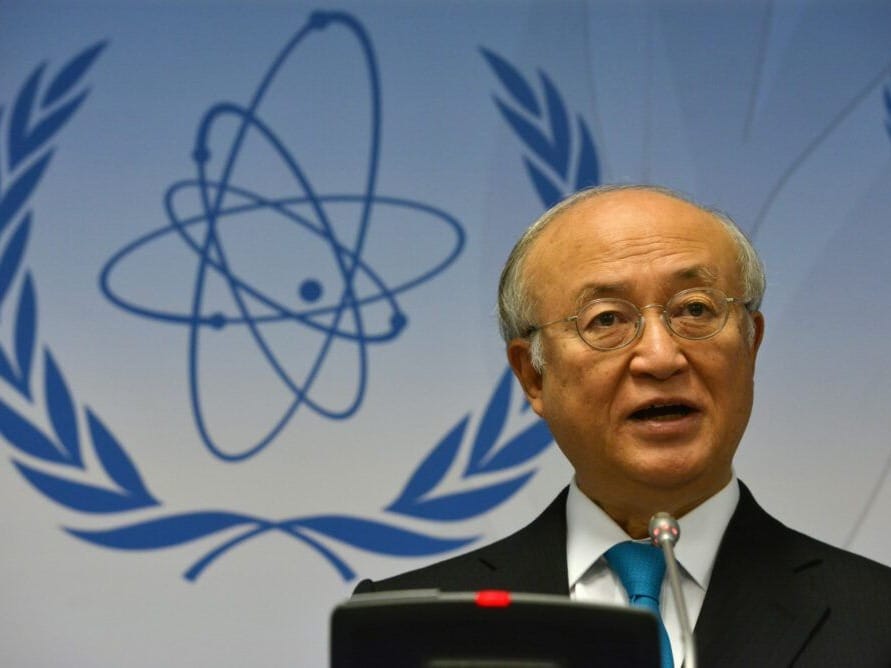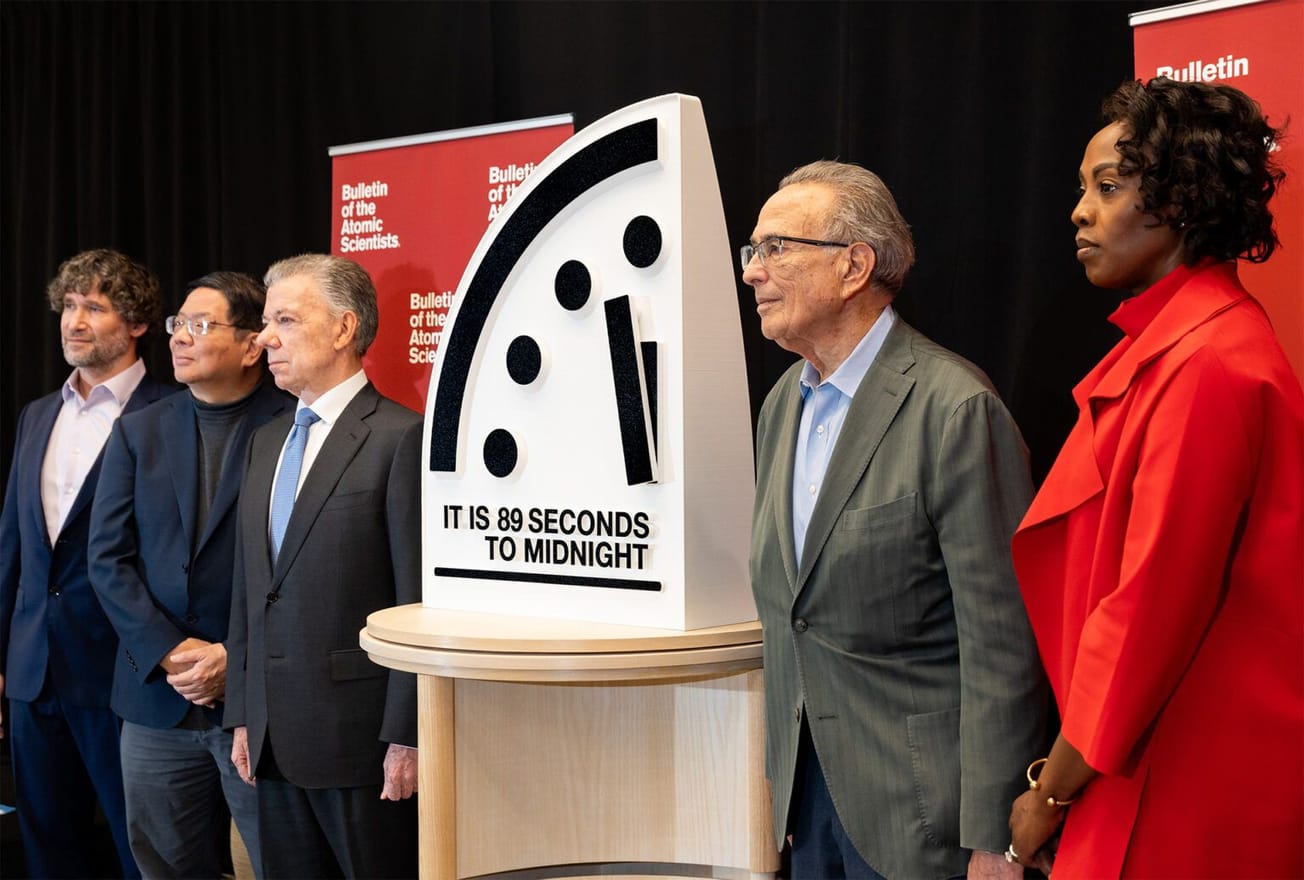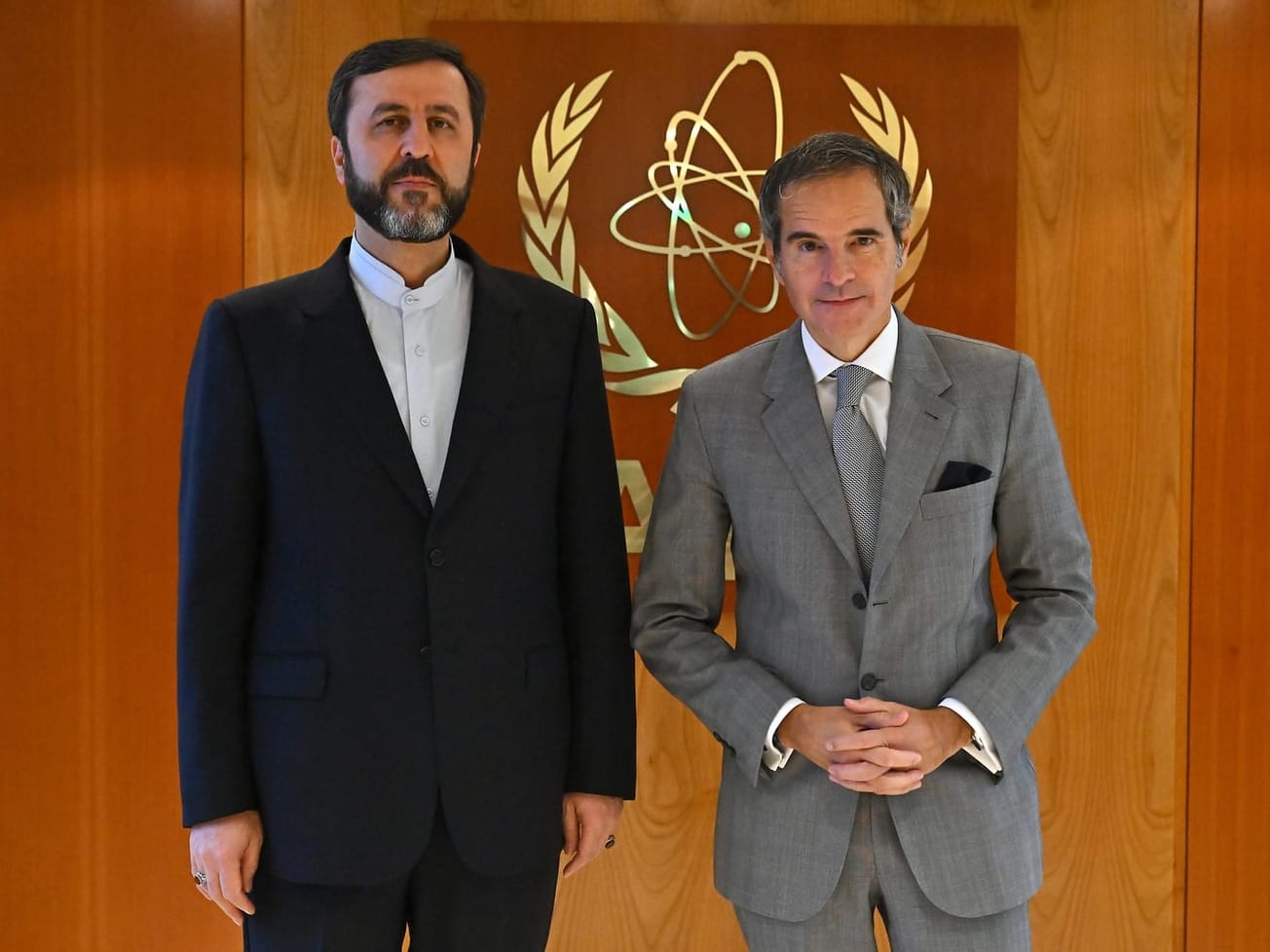Yukiya Amano, a veteran diplomat who led the U.N.'s nuclear watchdog agency and worked to prevent more atomic bombings like those at Hiroshima and Nagasaki, has died.
The head of the International Atomic Energy Agency died at the age of 72 after an undisclosed illness, IAEA announced on Monday. Amano had led the Vienna-based agency since December 2009, and was deeply involved in negotiations and monitoring over Iran’s nuclear program and the environmental cleanup of Japan's 2011 Fukushima nuclear disaster.









